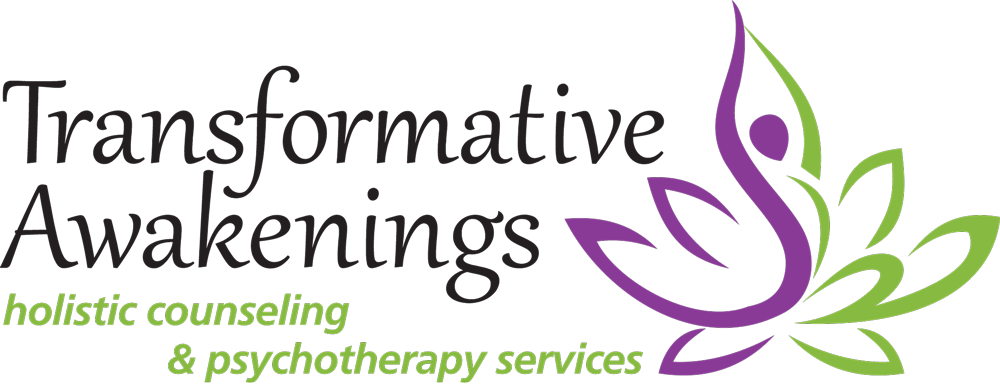A Message from the Lotus
06 11 17 / 15:46

I may be a flower, but I’m also a beloved symbol. See, I’m a lotus, and in order to blossom, I have to grow through the mud. But I always bloom. And so can YOU! Live with virtue during rough times and your heart will eventually know the sun…
The Lotus flower grows in the deep mud, far away from the sun. But, sooner or later, the Lotus reaches the light becoming the most beautiful flower ever. It is regarded in many different cultures as a symbol of purity, enlightenment, self-regeneration and rebirth. Its’ characteristics are a perfect analogy for the human condition: even when its’ roots are in the dirtiest waters, the Lotus produces the most beautiful flower.
The Lotus flower grows out of some of the dirtiest waters. It originally forms in the muck and the mud before it pushes its’ blossoms above the dirty water. Even at night the blossoms will close and the flower will sit below the water until the next day when the sun rises.
The Lotus has symbolized the process of self-awareness and enlightenment. To meet self-awareness one must move through suffering before joy can be found. The psychotherapy process parallels the growth of the Lotus flower. To reach self-awareness, one must move through the “mud” and “dirty water” before the “light” above can be seen.
The therapeutic process starts in the “mud”, looking at the aspects of our lives that we have avoided and are unaware. During the process of therapy the seeds of growth are found. The therapist and client “fertilize” these seeds to grow. Upon growth, the self can push through the darkness and find full consciousness. When full consciousness and awareness are made one can become in touch with the true self.
Through therapy you can reach your own awakening. Psychotherapy provides the individual, couple, or family with the tools to comfort and care for the relationship or self. But like the Lotus flower we can never be constant in the light, and will dip under the dirty water. With the tools learned in therapy you can pull yourself back into the light, much like the cycle of the Lotus.
What is Mindfulness?
11 04 16 / 10:56

What is Mindfulness?
Mindfulness sounds fancy, but it isn’t. Mindfulness simply means paying attention–being mindful–to what is happening in the present moment without judging it. To be mindful is to wake up, to notice what is happening right now with gentle acceptance.
Mindfulness is simple but not easy–take a moment now to notice all of the other things you are thinking about just as you read this paragraph. Mindfulness involves noticing where your attention wanders and then pulling it back–to this article for instance–over and over without giving yourself a hard time.
Where did Mindfulness come from?
In a spiritual sense, mindfulness has been studied and practiced for many centuries. It is one of the paths to enlightenment according to the teachings of Buddha.
For our purposes, however, there isn’t anything inherently religious about mindfulness. It is simply a therapeutic process by which we can improve our lives, both physically and mentally.
Mindfulness became an increasingly popular form of psychotherapy in the 1970’s and 1980’s. A doctor named Jon Kabat-Zinn opened the Center for Mindfulness program at the University of Massachusetts Medical School in 1979, intending to combine the practices of the ancient art with the empiricism of modern psychotherapy to treat chronically ill patients.
His positive results generated a lot of attention, and a growing number of health professionals have embraced the study of mindfulness and its potential to treat people with psychological and somatic maladies.
How Does Mindfulness Work?
Mindfulness is about living in the present. Being aware of yourself–your thoughts, your feelings, your senses, and your body–and your surroundings is difficult when you are focused on past events, negative thoughts, addictions, or the aftereffects of trauma.
Through meditation as well as informal practices, mindfulness awakens you to the present moment. Mindfulness engenders acceptance and awareness of your body, your sensations, your moods, and your thoughts as they are happening at this very moment. This level of attention, through certain mindfulness-based therapies, works to allow you to overcome your psychological obstacles, and also to prevent relapse in the future.
Mindfulness means waking up to the way things really are. Once we are awake to ourselves and our lives, we have more options for behaving or thinking differently. It is through acceptance of the way things already are that we are finally free to change.
There are many specific psychotherapy programs associated with mindfulness, including Mindfulness-Based Cognitive Therapy.
Mindfulness-Based Cognitive Therapy (MBCT)
MBCT is the amalgamation of cognitive therapies and mindfulness techniques, and it is modeled after Mindfulness-Based Stress Reduction, Jon Kabat-Zinn’s pioneering work in Massachusetts. MBCT is a philosophy and skillset that helps prevent depression in people who have been depressed in the past.
This mindfulness-based therapy program is not designed to eradicate the negative feelings your mind cycles through, but rather to recognize them for what they are and to help you un-identify with them. Interestingly enough, un-identifying with negative thoughts–naming them as thoughts not facts and jumping out of that cycle–actually helps decrease their frequency and impact.
Sound tricky? It does take practice.
Because these skills are helpful for so many people, therapists might incorporate them into their individual work with clients who are interested in identifying and stepping out of negative, automatic patterns.
Some of the benefits from participating in mindfulness-based therapy include:
- Increased concentration
- Improved patience
- Learning how to react without judgment
- Being present in the moment
- Increased self-compassion
- Reduced chances of relapsing into depression
For more information regarding mindfulness and mindfulness-based therapy, or if you require counseling or therapy, please contact us!
